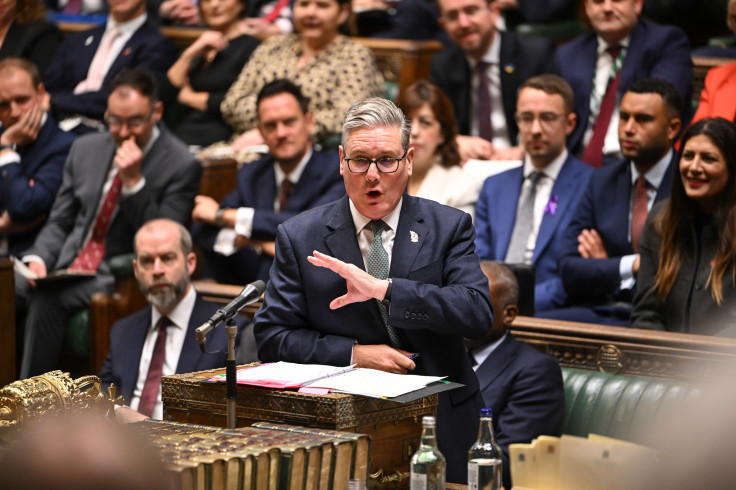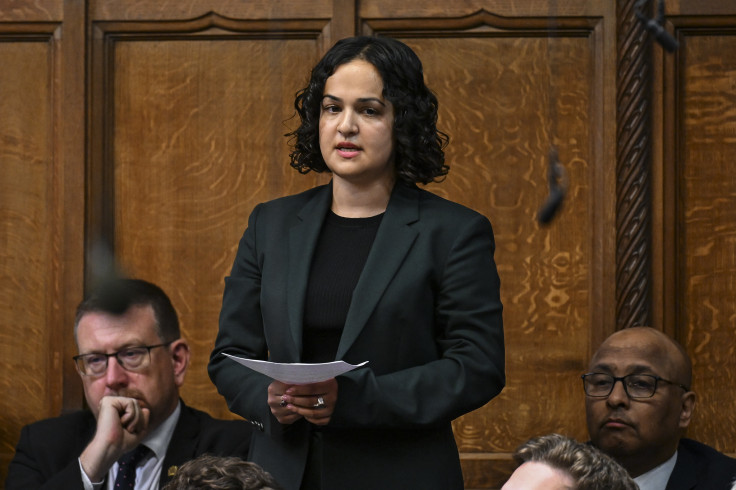UK Unveils Major Asylum Policy Reform in Response to Public Backlash
UK unveils sweeping asylum policy changes amid growing public pressure and heated immigration debate

The United Kingdom has announced the most significant overhaul of its asylum system in decades, confirming that new arrivals will receive temporary protection instead of automatic refugee status, alongside faster deportations and tighter human rights interpretations.
Published in the government paper Restoring Order and Control, the reforms are framed by ministers as a response to rising asylum pressures and public frustration over Channel crossings.
Home Secretary Shabana Mahmood told Parliament the system had become unsustainable, while Prime Minister Keir Starmer argued it was acting as 'a pull factor' compared with Europe. The measures have divided MPs and prompted fierce backlash from rights groups.
Key UK Asylum Policy Reforms
- Temporary protection replaces automatic refugee status: Refugees will be granted 30 months of leave, renewable only if protection is still required.
- Settlement extended to 20 years: Asylum seekers must wait up to 20 years of continuous residence before applying for permanent settlement.
- Protection Work and Study route introduced: Recognised refugees who meet work or study requirements can gain faster settlement and later sponsor family under stricter rules.
- Family reunion rights restricted: Automatic family reunion rights are removed, replaced with tighter eligibility criteria.
- Housing and allowances discretionary: The legal duty to support destitute asylum seekers is replaced with discretionary aid, which can be refused or withdrawn.
- Financial contribution required: Asylum seekers must contribute to their own support if they have means; undeclared resources can be recovered by the government.
- Hotels phased out: Accommodation will shift from hotels to large sites such as former military bases.
- Illegal work enforcement expanded: Right-to-work checks will cover the gig economy and subcontracted jobs, with mandatory digital identity verification.
- Increased removals: Returns will commence to countries deemed safer (including Syria), prioritising families, and using 'return hubs' in third countries.
- Visa penalties applied: Countries refusing to repatriate their citizens may face suspended visa services.
- New appeals body created: A single appeal system with stricter deadlines will speed up low-merit or high-harm cases.
- Article 8 restrictions tightened: Family and private life claims will be limited, and modern slavery rules reformed to prevent delays in removal.
- Annual cap on safe/legal routes: The Home Secretary will set yearly limits, with emphasis on community sponsorship and capped pathways for skilled refugees and students.
Backlash and Divisions

The announcement has triggered sharp divisions within the Labour Party. Several backbench MPs accused the government of pandering to far-right sentiment. Nadia Whittome, Labour MP for Nottingham, described the proposals as 'cruel' and 'dystopian.'
She said, 'It's shameful that a Labour government is ripping up the rights and protections of people who have endured unimaginable trauma.
'Is this how we'd want to be treated if we were fleeing for our lives? Of course, not,' arguing that the policy shift undermines protections for people fleeing war and persecution.
Some Scottish Government ministers and local authorities have expressed concern that the UK's asylum reforms could put pressure on public services and affect community cohesion in certain areas.
Despite internal criticism, the reforms have drawn support from opposition parties such as Reform UK, which has campaigned heavily on immigration. Analysts suggest the overhaul is partly aimed at blunting their rise in popularity.
Public Sentiment And Rising Pressure
Immigration has become one of the most contentious issues in British public affairs. Rising numbers of small boat crossings across the English Channel have fuelled public concern, with polls showing growing support for stricter measures.
The government's reforms appear designed to respond directly to this public backlash, with ministers arguing that the asylum system was not designed to cope with the scale of global migration now facing Europe.
Critics, however, warn that the measures risk breaching international obligations and could leave vulnerable people without adequate protection.
International Context
The UK's move comes as several European nations, including Denmark and France, have tightened their asylum rules in response to similar pressures. Officials argue that Britain's system had become more permissive than its neighbours, creating incentives for asylum seekers to attempt dangerous Channel crossings.
By aligning more closely with continental policies, ministers hope to reduce the UK's attractiveness as a destination for irregular migration.
What Happens Next
The reforms will be debated in Parliament over the coming weeks, with legislation expected to be introduced before the end of the year. Implementation will be phased, with temporary protection status applied to new arrivals from early 2026.
Human rights groups have vowed to challenge the measures in court, raising questions about how the government's reinterpretation of the ECHR will stand up to legal scrutiny.
For now, the announcement marks a decisive shift in Britain's asylum policy, reflecting both government pressure and public sentiment in an increasingly polarised debate over immigration.
© Copyright IBTimes 2025. All rights reserved.




















